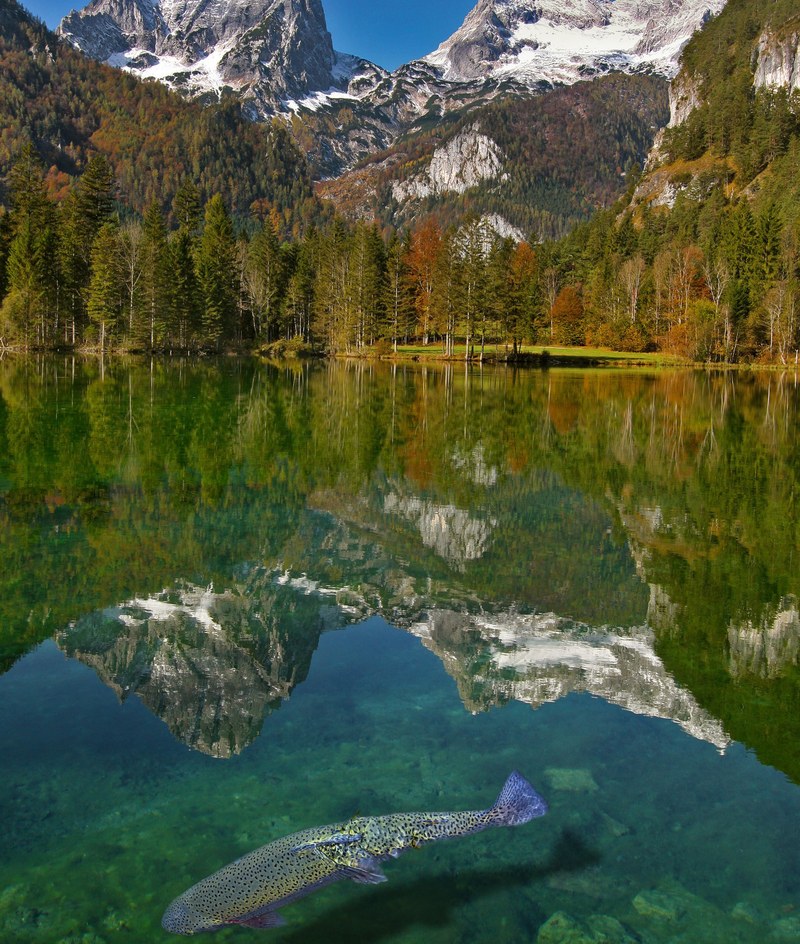All official European Union website addresses are in the europa.eu domain.
See all EU institutions and bodiesGood-quality water is a matter of pride for many Austrians. From flood prevention to competing demands from different users, we spoke about water challenges and management with Monika Mörth, Director General for Water Management from the Austrian Ministry of Agriculture, Forestry, Regions and Water Management.
What is the water situation in Austria like?
Austria is located at the heart of Europe and the Alps, with access to both mountain-fed freshwater and groundwater sources. This water resource is of great importance to our society and economy. It is central to our drinking water supply, agriculture and energy supply, as well as for other sectors of the economy, such as tourism.
Overall, the quality of surface water and groundwater in Austria is very high. Our lakes are among the best in Europe in terms of bathing water quality, as the EEA report shows. Nevertheless, we also face a number of challenges.

What are the main challenges?
As in other European countries, human activity is causing pollution in our waters, including nitrates, endocrine disruptors, PFAS and other substances. Our interventions are significantly impacting the conditions of our lakes and rivers. And extreme weather events, such as heavy rainfall and dry periods, are also affecting the availability and quality of our water.

What kind of measures is Austria taking to tackle such challenges?
Austria has a long-standing commitment to investing in water infrastructure, with a focus on areas such as communal wastewater, drinking water supply and flood protection.
Water is a cross-border issue and Austria works closely with all neighbouring countries to address it. For example, Austria has been cooperating with Switzerland on flood protection on the Rhine for over 100 years. We work with our partner countries in a similar way to protect and sustainably use the Danube. This year we celebrated the 30th anniversary of the International Commission of Protection of the River Danube (ICPDR).
How do awareness-raising campaigns work?
Campaigns play an important role in our strategy for the protection and conservation of our water resources. Our water platforms and campaigns are designed to engage specific audiences and communities and have been an integral part of our communications for more than two decades.
Building trust and achieving measurable effects requires a time-consuming and customised approach. It is therefore essential to make a long-term investment in the relevant main channels and stay focused in your communication goals.
What is the key to successful water management?
I would say that dialogue and cooperation are the keys to integrated water management. Close cooperation with relevant stakeholders at all levels – from national to regional – and across all sectors of the economy is essential. Dialogue is also a key success factor. It is important to coordinate the various aspects and needs of use more effectively.
